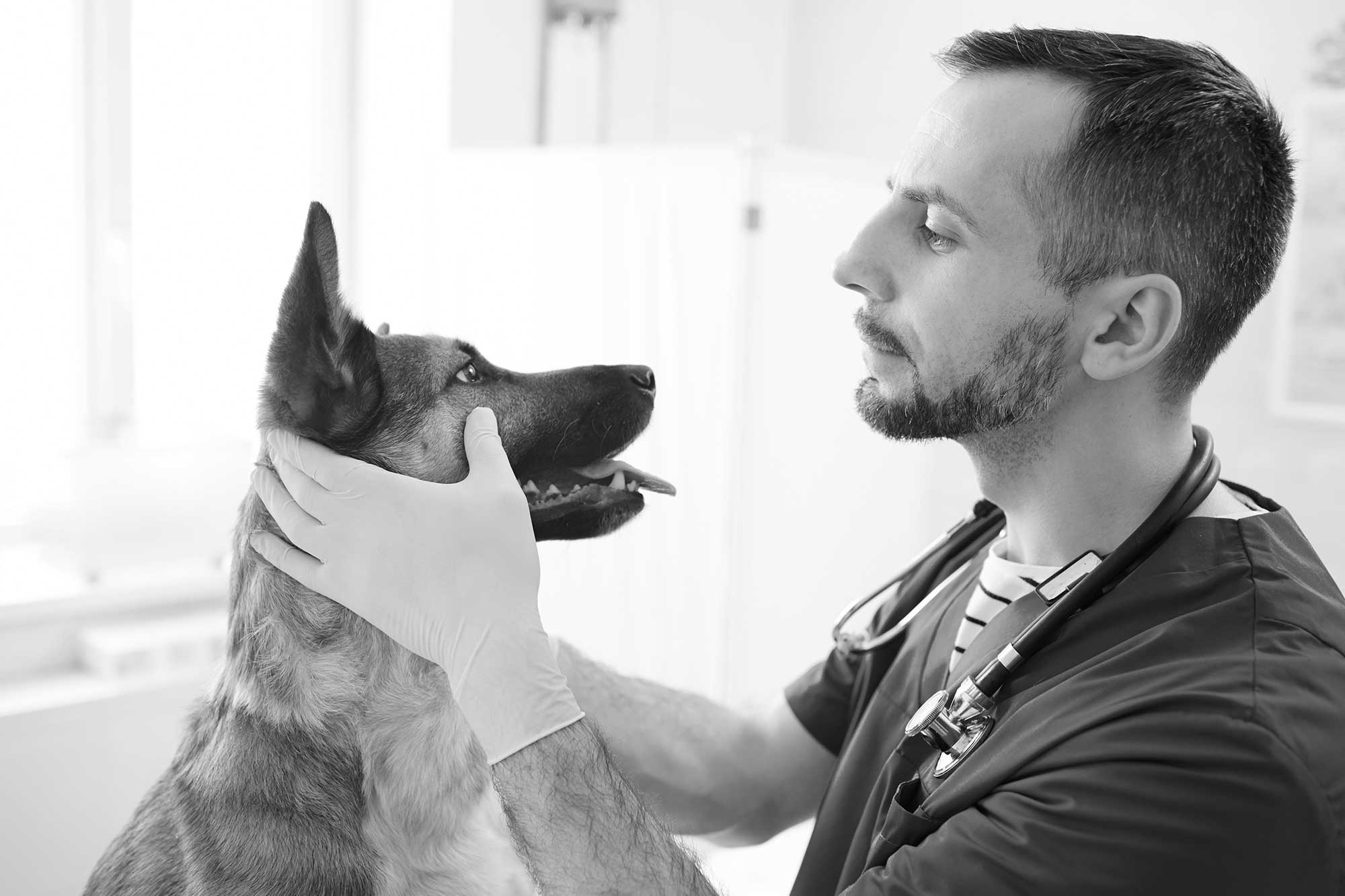Goal-Crushing Veterinary Women: Tips and Inspiration
In preparation for the 2020 Women's Veterinary Summit, here are three inspiring women in the veterinary field who have achieved their career goals,...
4 min read
Viticus Group : December 12, 2019 5:00:17 PM PST

How are you doing in your emotional, mental, and personal wellness during this especially stressful time? Consider this a check-up from experts in the area of wellness in the veterinary industry.
People who choose a profession in veterinary medicine are generally giving, selfless people. Many are also perfectionists, leading to long hours at work and being very hard on themselves. Busy veterinary professionals constantly work to balance their professional and personal lives in a healthy way, while also supporting their team members in doing the same.
Here are some quick tips that wellness experts gave during a recent Facebook Live event about wellness during the professional, financial, and personal challenges many are facing in this time of pandemic and stress:
Dr. Jen Brandt, Director of Member Wellbeing and Diversity Initiatives at AVMA, asks the question, “How do we prioritize self-care in a profession where you are rewarded for being generous and giving?” It’s an important question to address because most veterinary professionals are unsure of when focusing on wellness is appropriate, as they worry how it’ll affect their team and their patients.
The simple answer is that a healthy caregiver increases the likelihood of a healthy practice and healthy patients. That’s why it’s helpful to check-in with yourself every once in a while to get advice and take stock of how you and your team are doing.
Meanwhile, there are so many experienced experts in the veterinary community working to make it easier. Here are some of their wellness tips to stay sane in the crazy but amazing world of veterinary medicine.
Perfectionism
If you feel like there’s no room for mistakes in your work, that your thoughts often tend toward the negative, or that there are high standards that you and your teammates could never meet, you may be a perfectionist. Marie Holowaychuk, DVM, DACVECC, CYT says that the issue with extreme perfectionism is that it’s unattainable and unrealistic.
The first step in amending that mindset is being aware of when your perfectionism is negatively affecting your work-life balance. When you’re at work until 10pm because you’re proofreading your records so many times, something needs to change. Balanced well-being starts with setting realistic goals or standards and being compassionate with yourself.
Work-Life Balance
Speaking of a healthy work-life balance, Justine Lee, DVM, DAVCECC, DABT, and CEO of VETgirl gives her advice on how to combat imbalance in this Quick Cup of Knowledge blog post. To “let it go” is the advice Dr. Lee values the most (you sang it, didn’t you?) because she feels that many people in the veterinary field are Type A personalities who don’t want to leave the hospital or clinic until everything is done perfectly.
Dr. Lee admits to being one of those people, and says that makes being more efficient sometimes hard to do. However, “the more efficient you can be as a vet,” she says, “the more quality life you have.” Staying hours after your shift at the hospital to cross every t and dot every i won’t give you a healthy work-home balance because you won’t get to put your kids to bed or spend that quality time with your partner.
Even if you don’t have kids, Lee makes sure to mention, it is so important to cultivate and maintain special relationships outside of work. “The sooner you learn to let go, the sooner you learn not to beat yourself up, the better your quality of life.”
Dr. Brandt says that checking in with yourself to ask, “What should my priority be right now to feel well?” is essential in simplifying the task at hand. Look at the most important thing on your list, instead of the 50 things that need to happen that day.
Resetting
This profession is naturally difficult and draining, but there are things you can do to unwind and refocus yourself every once in a while (or more often than that—let’s be honest).
While there are plenty of yoga classes and meditation podcasts out there that are wonderful, Tasha McNerny, RVT, CVPP, VTS (Anesthesia), and founder of Veterinary Anesthesia Nerds, shares something that works for her—taking a few seconds to reset with a really cute patient. Even if it’s only a few seconds, take a break from the tough case you’re working on, go see an adorable patient that is doing well, and let yourself relax for a bit.
It all may seem daunting, but by putting in the effort to reset yourself, you’ll be happier and more fulfilled in the long run as you find satisfaction in your career. Now go get ’em!
Community & Purpose
Whether you find yourself struggling or you want to help friends and coworkers, there are actions you can take to improve your environment and feel more connected or involved.
As president of the National Association of Veterinary Technicians in America (NAVTA) and a certified veterinary technician, Erin Spencer believes that getting involved in organized medicine and supporting your colleagues are effective ways of combating compassion fatigue and improving wellness.
Spencer says that with the dissatisfied technicians she speaks to, the common reaction is to want to distance themselves from the organization or people that caused that dissatisfaction or frustration.
However, distancing yourself is not the most conducive to positive change and doesn’t solve any problems. Instead of moving away, Spencer advises becoming more involved in the organization or group to make the change you want. Not only will there be an increased sense of belonging and community, but it will improve patient care as well.
Even if you're not involved in a national organization like NAVTA, knowing that there are other like-minded people in similar situations and having access to helpful resources can make a big difference and give a greater sense of community and purpose.
Stay in the Know!
Check out this Facebook Live Q&A event where wellness experts discuss how veterinary professionals can handle stress inside and outside of the practice, signs to watch for among co-workers, and resources that both veterinary students and working professionals can turn to as we face the uncertainties ahead of us.
Click the link to subscribe to our YouTube channel or check out our Content Library full of great podcasts, videos, and digital downloads!
Disclaimer
Content may contain advertising and sponsorships. Advertisers and sponsors are responsible for ensuring that material submitted for inclusion is accurate and complies with applicable laws. We are not responsible for the illegality of any error, inaccuracy, or problem in the advertiser’s or sponsor’s materials.
Advertising material and/or opinions are not are not a reflection on Viticus Group.

In preparation for the 2020 Women's Veterinary Summit, here are three inspiring women in the veterinary field who have achieved their career goals,...

We all have a story—decisions, motivations, experiences, and maybe a little bit of luck that makes us who we are. As the veterinary class of 2022...

Viticus Group is excited to launch the Viticus Veterinary Summit, an opportunity for veterinary professional to dive into an interactive virtual...